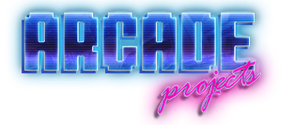kikaso
Enlightened
I thought the speed of the crystal oscillator / CPU dictated the processing power not the actual gameplay speed? SFII Champion Edition and Hyper Fighting require the faster processor to reduce slowdown not so that the gameplay is faster.
I’ve heard that Champion Edition can show slowdown when on the 10 MHz crystal & CPU leading some players to exploit and perform combos that wouldn’t be possible on the 12 MHz boards.
I’ve heard that Champion Edition can show slowdown when on the 10 MHz crystal & CPU leading some players to exploit and perform combos that wouldn’t be possible on the 12 MHz boards.


